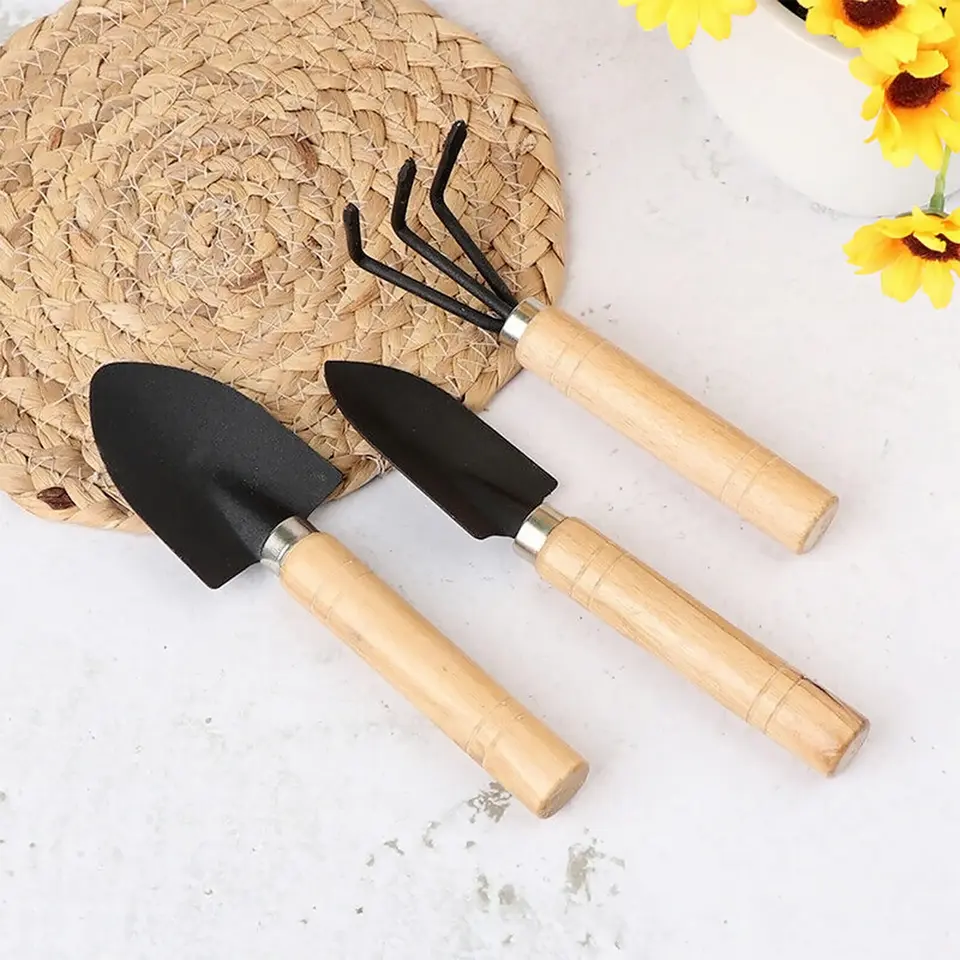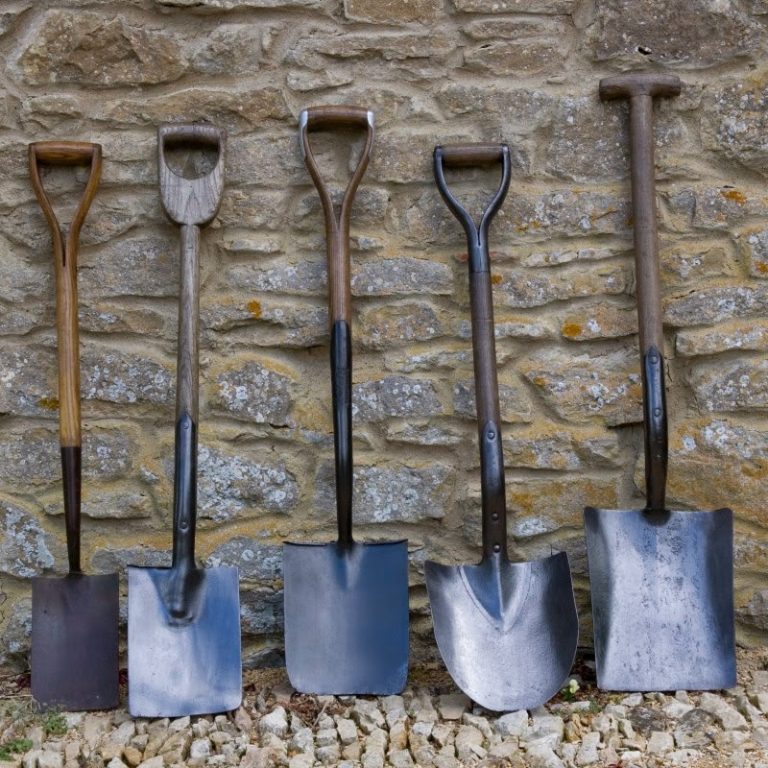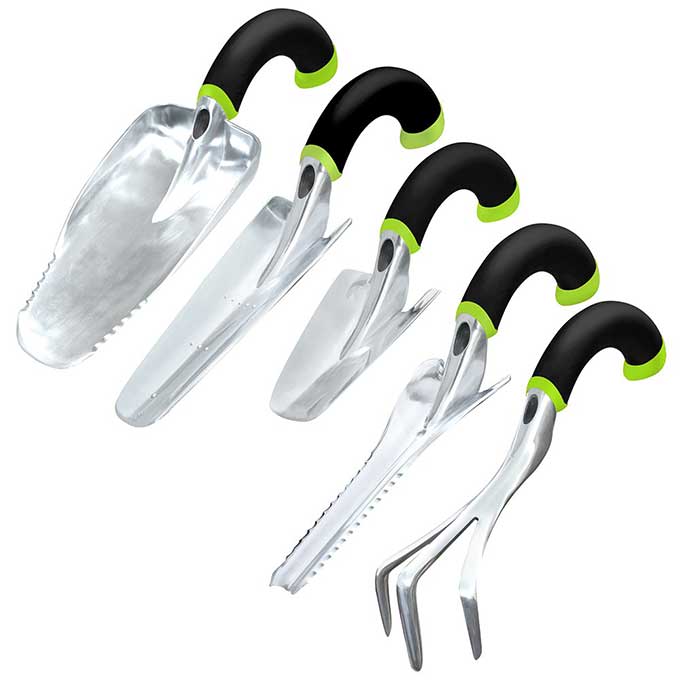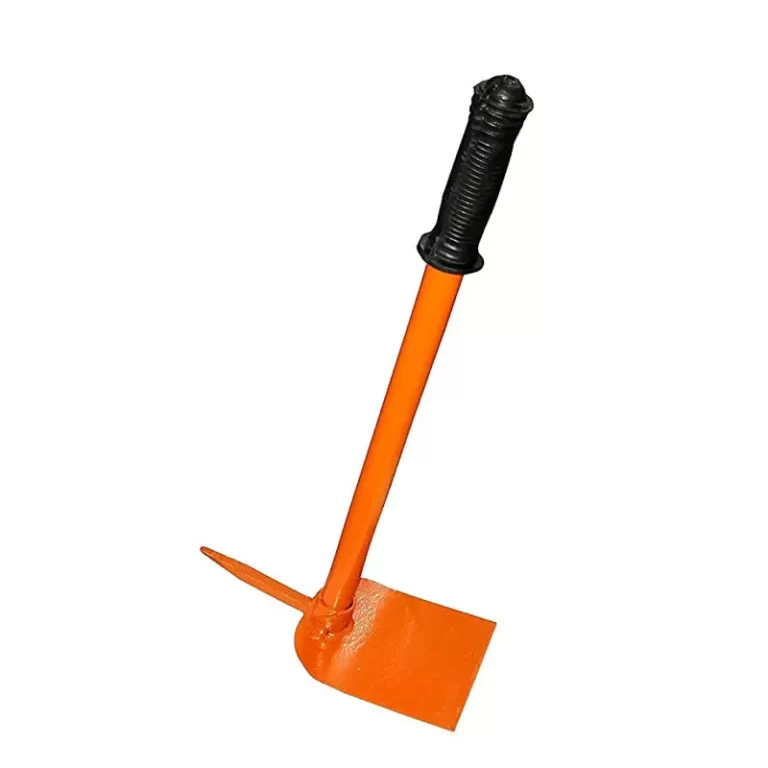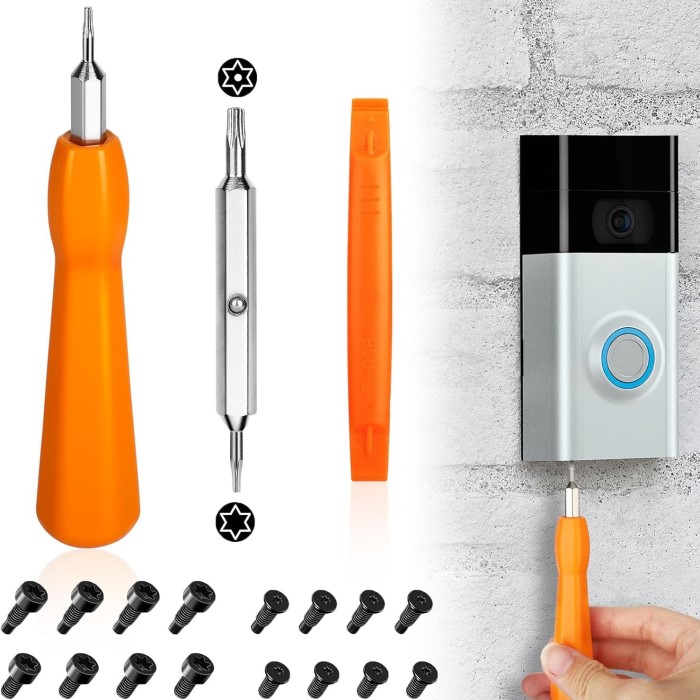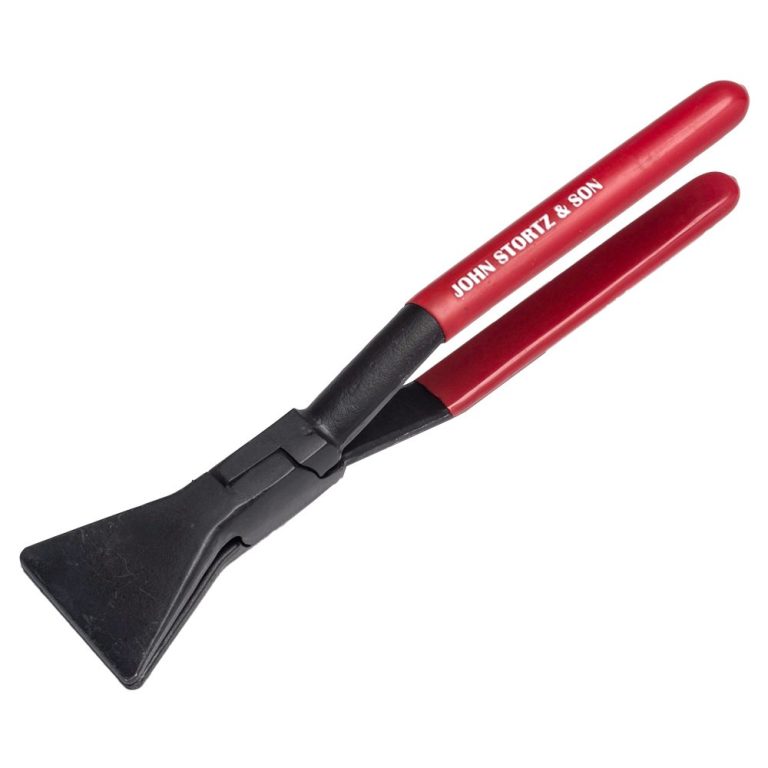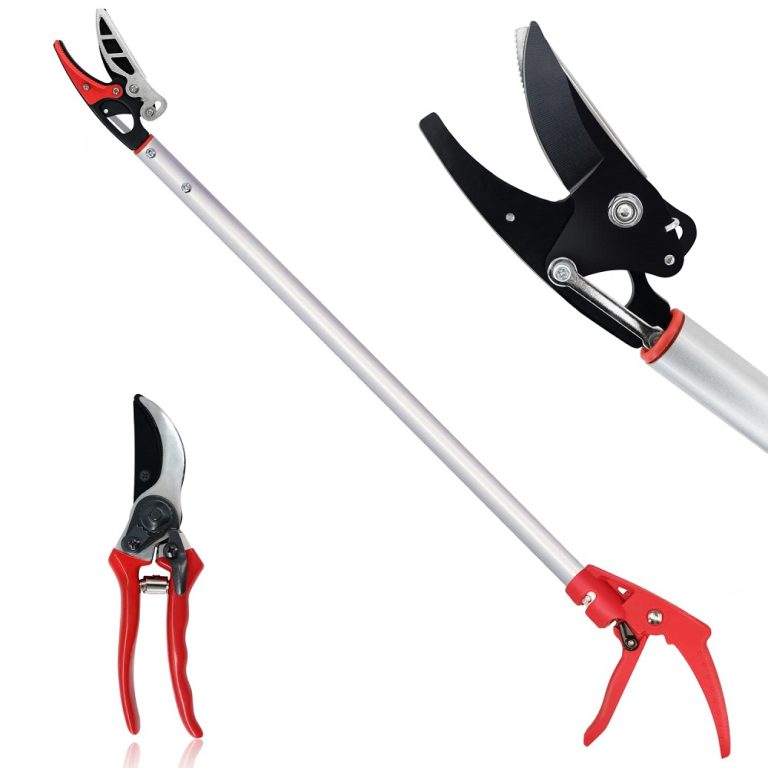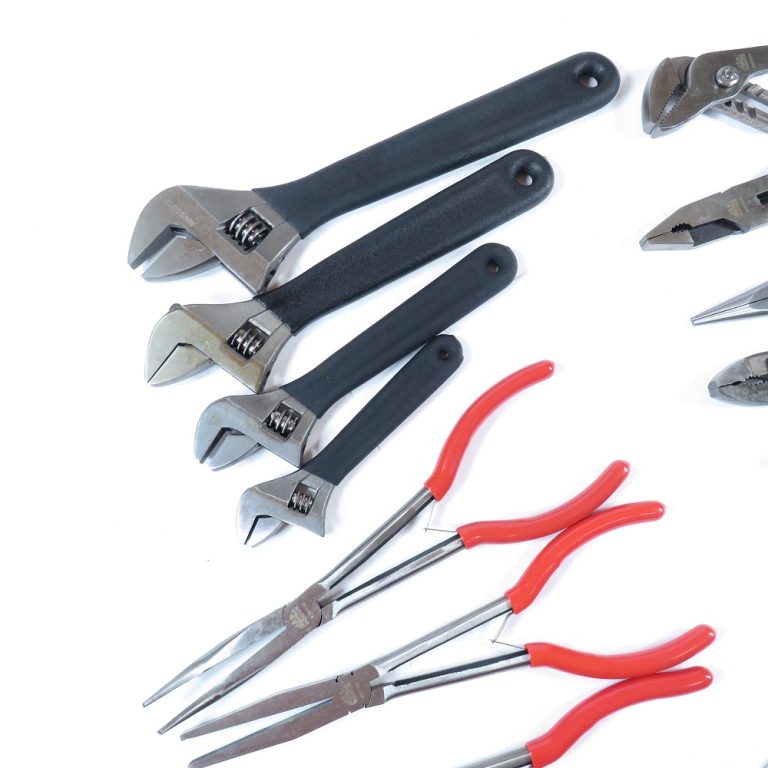Gardening is a rewarding hobby that brings joy and tranquility to many people. Whether growing vegetables, flowers, or maintaining a beautiful landscape, the right tools can make a significant difference in the ease and enjoyment of gardening tasks. In this article, we will explore some of the most common garden tools, their specific uses, and the benefits they provide. Understanding these tools will help you enhance your gardening experience and yield better results.
Essential Hand Tools
Trowels
A trowel is a small hand tool with a pointed, scoop-shaped blade that is essential for gardening. It is primarily used for digging, transplanting, and planting seedlings or bulbs. Trowels are versatile and can be used to break up soil, mix in compost, or remove weeds from tight spaces.
The benefits of using a trowel include its compact size, which makes it easy to handle and perfect for small gardening tasks. The pointed blade allows for precise digging and planting, making it an indispensable tool for both novice and experienced gardeners. Investing in a high-quality trowel can significantly improve your planting success and soil management.
Hand Forks
Hand forks, also known as garden forks or cultivators, are essential tools for aerating and loosening the soil. They feature several sturdy tines that help break up compacted soil and mix in organic matter or fertilizers. Hand forks are particularly useful for tasks like weeding or turning compost.
The primary advantage of using a hand fork is that it allows for deep penetration into the soil without disturbing the surrounding area too much. This precision is especially important when cultivating delicate plants or maintaining established beds. Hand forks can promote healthy root systems by ensuring that soil remains loose and well-aerated.
Pruners
Pruners, or pruning shears, are designed for trimming and shaping plants. They come in various styles, including bypass pruners and anvil pruners. Bypass pruners feature two blades that slide past each other, similar to scissors, making them ideal for cutting stems and branches cleanly. Anvil pruners have one sharp blade that cuts against a flat surface, which is better for tougher stems and dry wood.
The benefits of using pruners include their ability to encourage healthy plant growth by removing dead or diseased limbs and promoting air circulation within the foliage. Regular pruning can lead to increased flowering and fruit production, making them crucial for fruit trees and flowering shrubs. A good pair of pruners can last for years with proper maintenance, making them a valuable investment for garden enthusiasts.
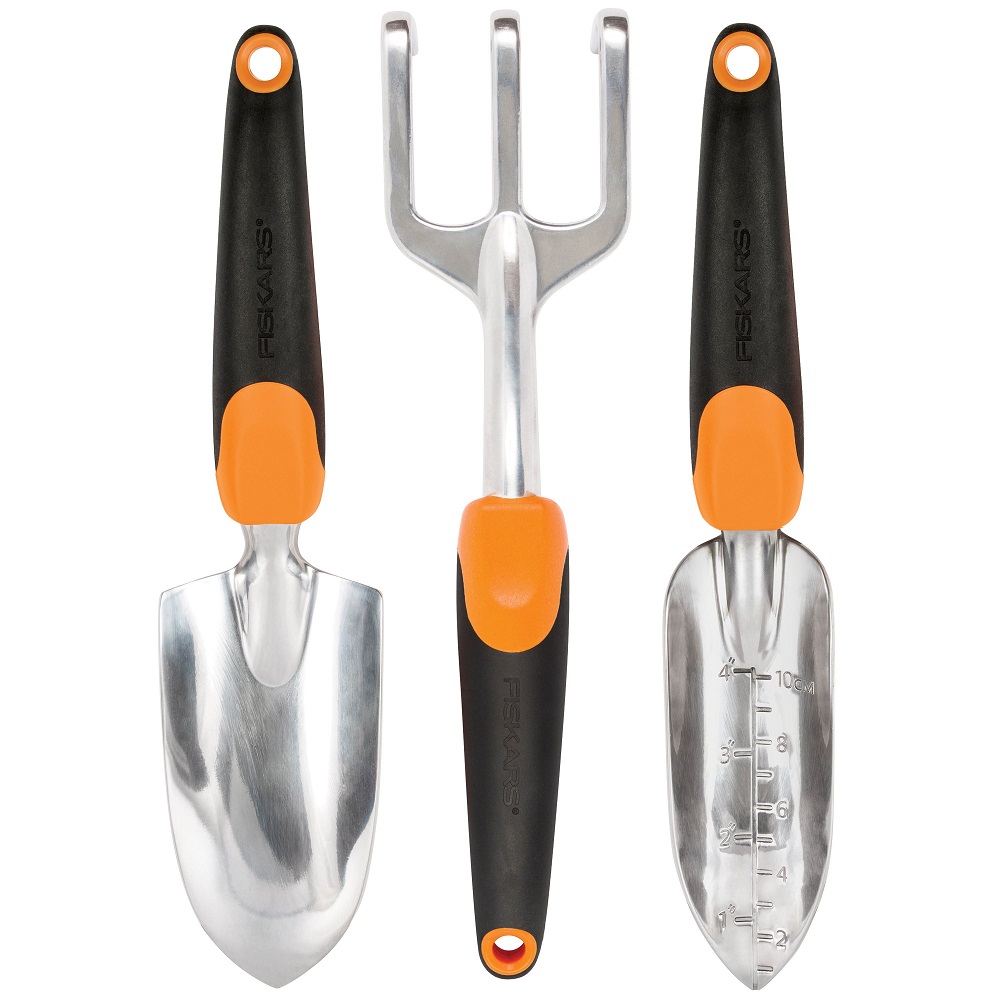
Digging and Cultivating Tools
Spades
A spade is a shovel-like tool with a flat blade that is essential for digging and moving soil. Spades are great for creating planting holes, edging garden beds, and transferring dirt or mulch. They come in various shapes and sizes to accommodate different gardening tasks.
The advantage of using a spade lies in its ability to create clean edges in garden beds and borders. This can help define spaces and prevent grass or weeds from encroaching on planted areas. With a sturdy handle and a well-designed blade, a good spade can make digging and planting tasks much easier, reducing strain on the gardener.
Hoes
Hoes are indispensable tools for cultivating soil and removing weeds. They consist of a long handle attached to a flat blade at an angle. There are several types of hoes, including the common garden hoe, the stirrup hoe, and the oscillating hoe, each suited for specific tasks.
Using a hoe allows for efficient weeding without disturbing surrounding plants. Regularly hoeing the garden not only removes unwanted flora but also aerates the soil to encourage better drainage and plant health. This tool is crucial for maintaining a weed-free garden while promoting healthy growth.
Rakes
Rakes are versatile tools primarily used for gathering leaves, spreading mulch, and leveling soil. They feature a long handle with a head containing many tines designed for various tasks. There are two main types: garden rakes, which have sturdy tines for moving soil, and leaf rakes, which have flexible, wider tines for gathering leaves and debris.
The benefit of using a rake is that it allows for efficient cleanup tasks. Regularly using a rake helps maintain a tidy garden space and prevents the buildup of decaying material, which can attract pests or introduce diseases. A good rake can make seasonal cleanups significantly easier and more effective.
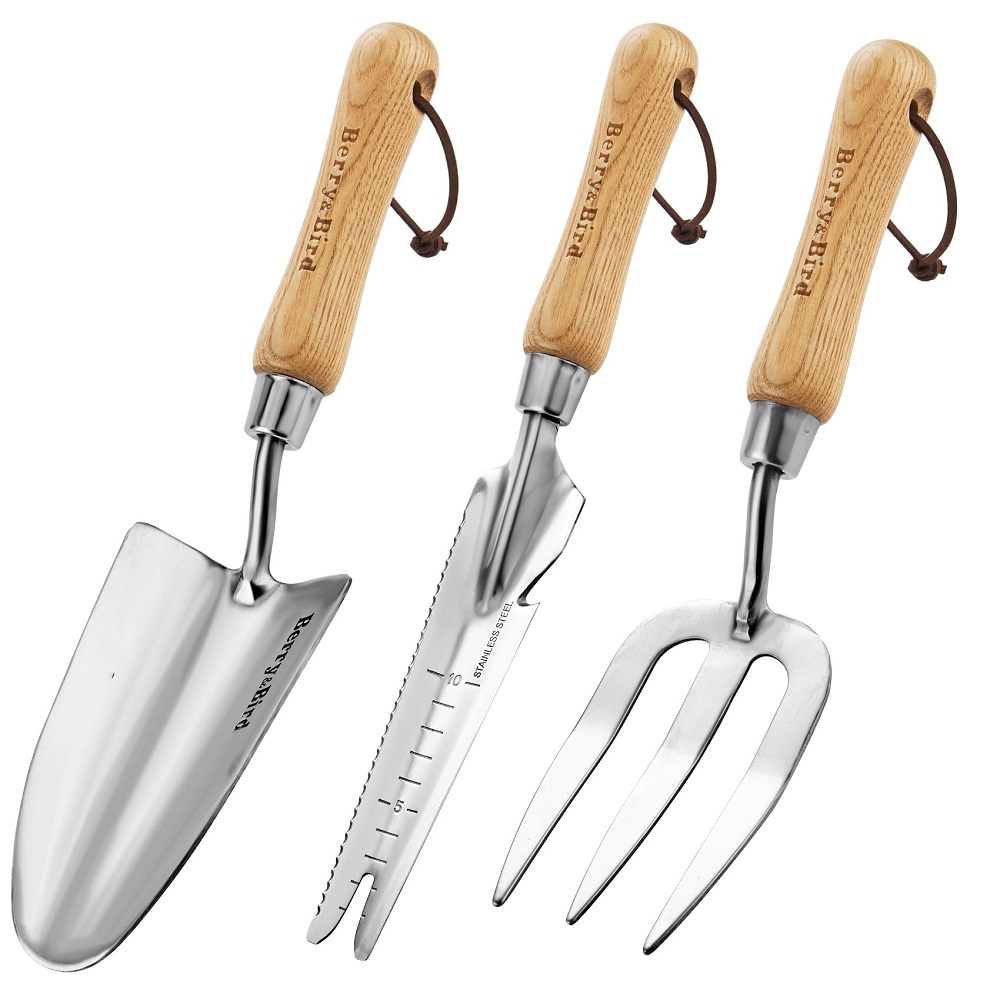
Specialized Garden Tools
Watering Cans
A watering can is an essential garden tool for watering plants, particularly in smaller gardens or indoor settings. These come in various designs, sizes, and materials, ranging from plastic to metal. The presence of a long spout provides precision when watering, ensuring that water reaches the roots without causing soil erosion.
The advantage of using a watering can lies in its ability to nurture plants with careful and targeted watering. Unlike hoses, which can deliver water quickly but often indiscriminately, a watering can allows for delicate handling of plants. Proper hydration encourages healthy growth and reduces the risk of overwatering or under-watering.
Garden Kneelers
Garden kneelers are specialized tools designed to provide comfort and support while tending to plants at ground level. They often feature cushioning on a sturdy frame, allowing gardeners to kneel without discomfort. Many models can also flip over to serve as a seat, offering versatility for the user.
Using a garden kneeler can help prevent strain and injury associated with prolonged kneeling or bending. By providing support, they enable gardeners to maintain proper posture while working. This comfort can be especially beneficial for older individuals or those with back problems.
Soil Test Kits
Soil test kits are valuable tools that help gardeners assess soil health and nutrient levels. Testing soil pH, nitrogen, phosphorus, and potassium levels can significantly impact plant growth and flowering. Having this information allows gardeners to make informed decisions about fertilizers and soil amendments.
The benefit of using soil test kits is that they provide essential information about the garden’s nutrient requirements. Regularly testing soil can help maintain optimal conditions for plants, enhancing their growth and productivity. Understanding soil composition is a foundational step towards achieving a thriving garden.
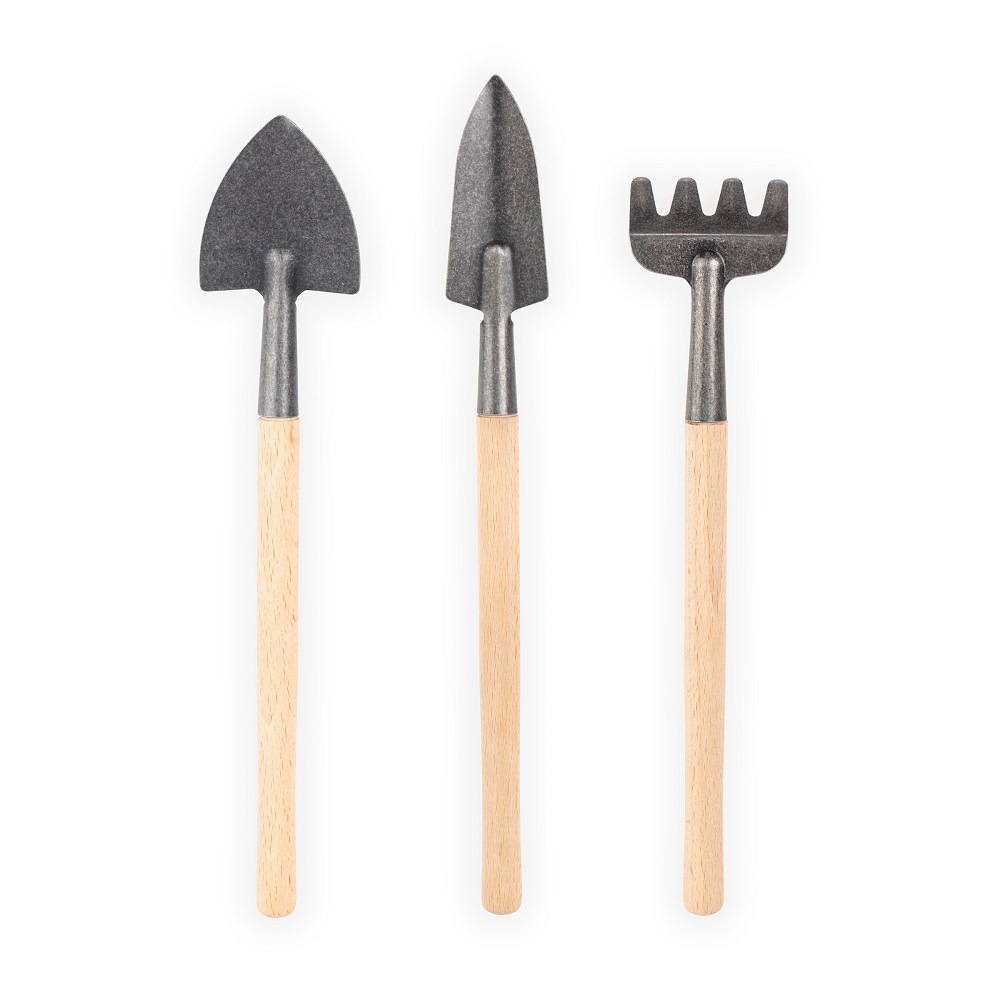
The Importance of Proper Tool Maintenance
Cleaning and Storage
Maintaining common garden tools is essential for ensuring longevity and performance. After each use, tools like spades, shovels, and pruners should be cleaned to remove dirt and debris. A simple rinse with water or a scrub with a gentle brush can prevent corrosion and the build-up of rust.
Storing tools properly is equally important. They should be kept in a dry place to avoid moisture-related damage. Using wall racks or pegboards can help keep tools organized and easily accessible. Proper cleaning and storage prevent unnecessary wear and prolong the life of your equipment.
Sharpening Cutting Tools
Regularly sharpening cutting tools such as pruners, shears, and hoes is vital for maintaining their effectiveness. Dull blades can make tasks more challenging and increase the risk of injury. A sharp edge requires less force, providing cleaner cuts that promote healthy plant growth.
Investing in a good sharpening tool or professional sharpening service can improve the performance of your equipment. It’s an essential part of maintenance that allows you to work efficiently while ensuring the best care for your plants.
Inspecting for Damage
Inspection for damage should be part of routine maintenance for common garden tools. Regularly checking for loose screws, cracked handles, or bent blades helps identify potential issues before they become dire problems. Taking a few moments to inspect tools can save time and money in the long run.
If damage is found, addressing it promptly is crucial. Some minor repairs can be done at home, such as tightening screws or replacing parts. For more significant issues, consider consulting a professional who specializes in tool repairs.
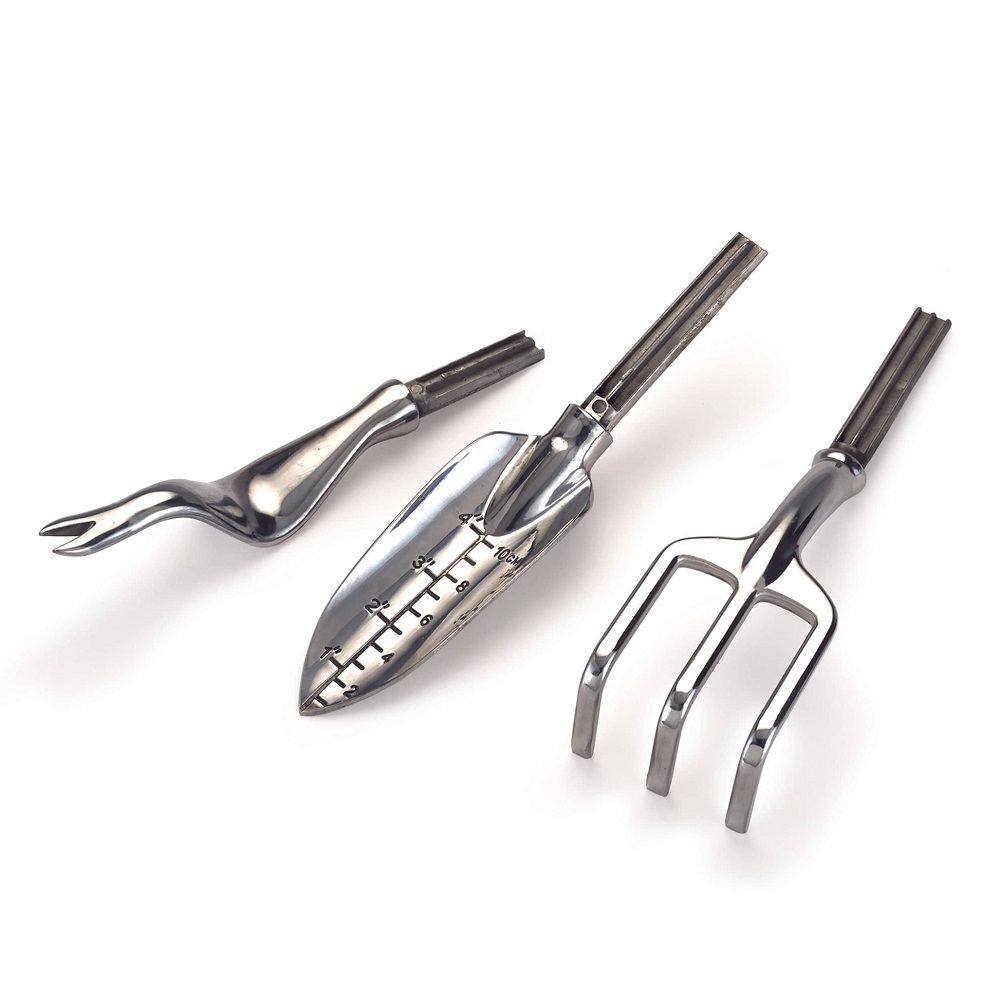
Choosing the Right Tools for Your Garden
Assessing Your Gardening Needs
When selecting common garden tools, it’s essential to assess your specific gardening needs and preferences. Consider the type of plants you grow and the size of your garden. Different gardening styles, such as vegetable gardening, flower gardening, or landscaping, may require specialized tools tailored to those tasks.
Make a list of tools you currently own and their condition. Evaluate what tools have proven most useful and which ones may need replacing or upgrading. This assessment helps you focus on investments that will enhance your gardening experience.
Budget Considerations
Budgeting for common garden tools is vital, especially for those just starting. Quality tools often come with a higher price tag but are worth the investment. Durable tools will save you money over time, as they withstand regular use and last longer.
Consider starting with a few essential tools rather than purchasing everything at once. Build your collection gradually as your gardening skills and needs evolve. This approach ensures that each tool meets your expectations and serves a specific purpose in your gardening routine.
Researching Brand Quality
When investing in gardening tools, researching brand quality is essential. Reliable manufacturers often create tools that provide durability and design suited for the task at hand. Look for brands that have a reputation for quality and positive customer reviews.
Reading testimonials from other gardeners can provide insights into the ease of use, durability, and maintenance of specific tools. Trustworthy brands tend to offer warranties or guarantees, showcasing their confidence in the products they produce.
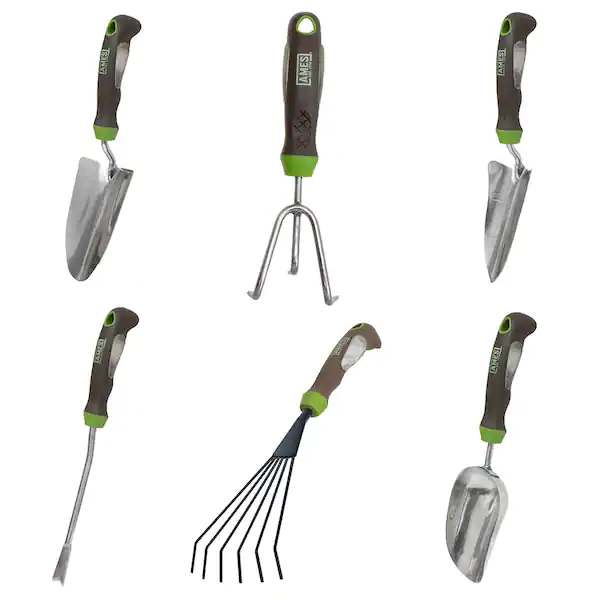
Conclusion: Enhancing Your Gardening Experience
In conclusion, having the right common garden tools is crucial to achieving success and satisfaction in your gardening endeavors. From essential hand tools like trowels and pruners to specialized items like soil test kits and garden kneelers, each tool serves a unique purpose that contributes to plant health and productivity.
Through proper maintenance, careful selection, and an understanding of your gardening needs, you can enhance your gardening experience significantly. By investing in quality tools, you set yourself up for success while nurturing your plants and improving your garden’s overall appearance.
As you embrace gardening as a creative and rewarding pursuit, remember that equipping yourself with the right tools is just the beginning. The journey involves learning, experimenting, and connecting with nature as you cultivate your garden. Celebrate every growth stage, flower bloom, and vegetable harvest, knowing that your thoughtful choice of tools contributes to this vibrant ecosystem. Enjoy the challenges and victories that gardening presents, and let your tools be your trusted allies in this fulfilling adventure.
